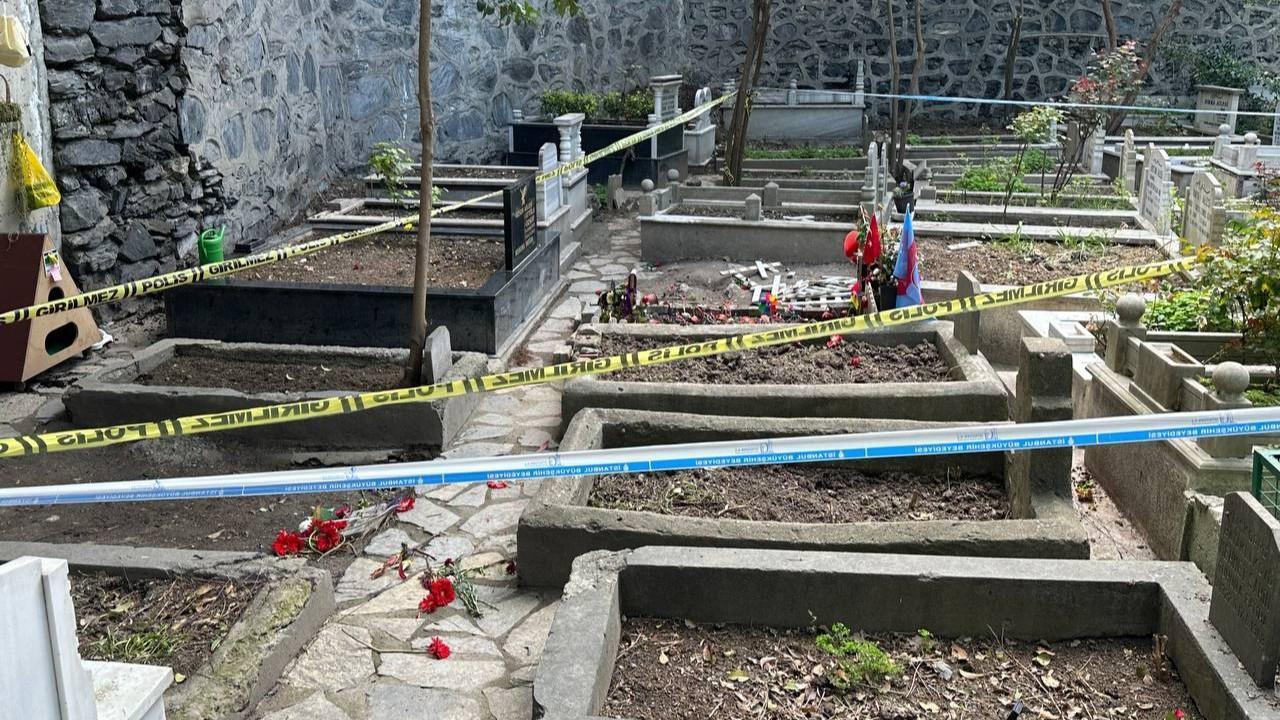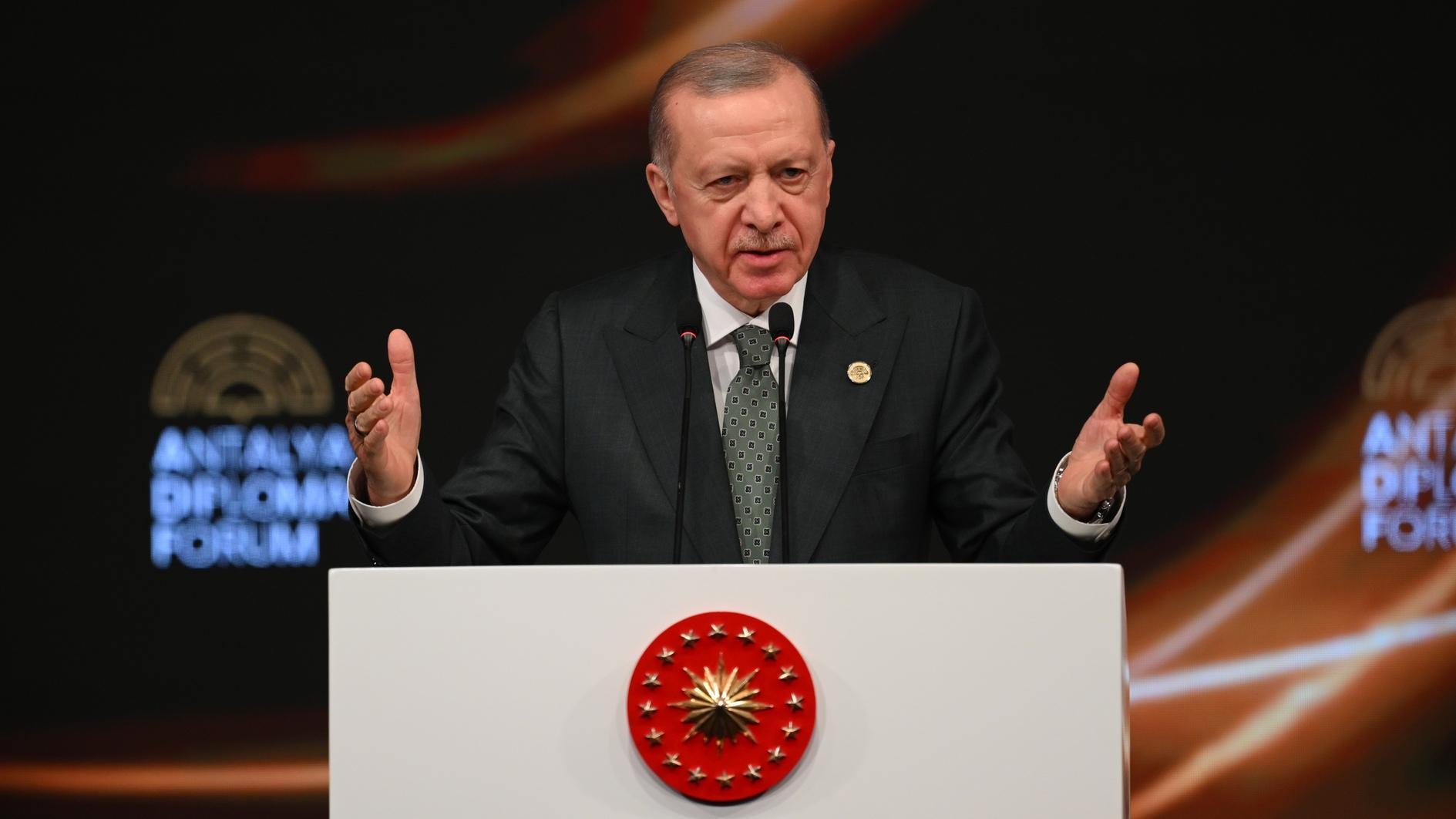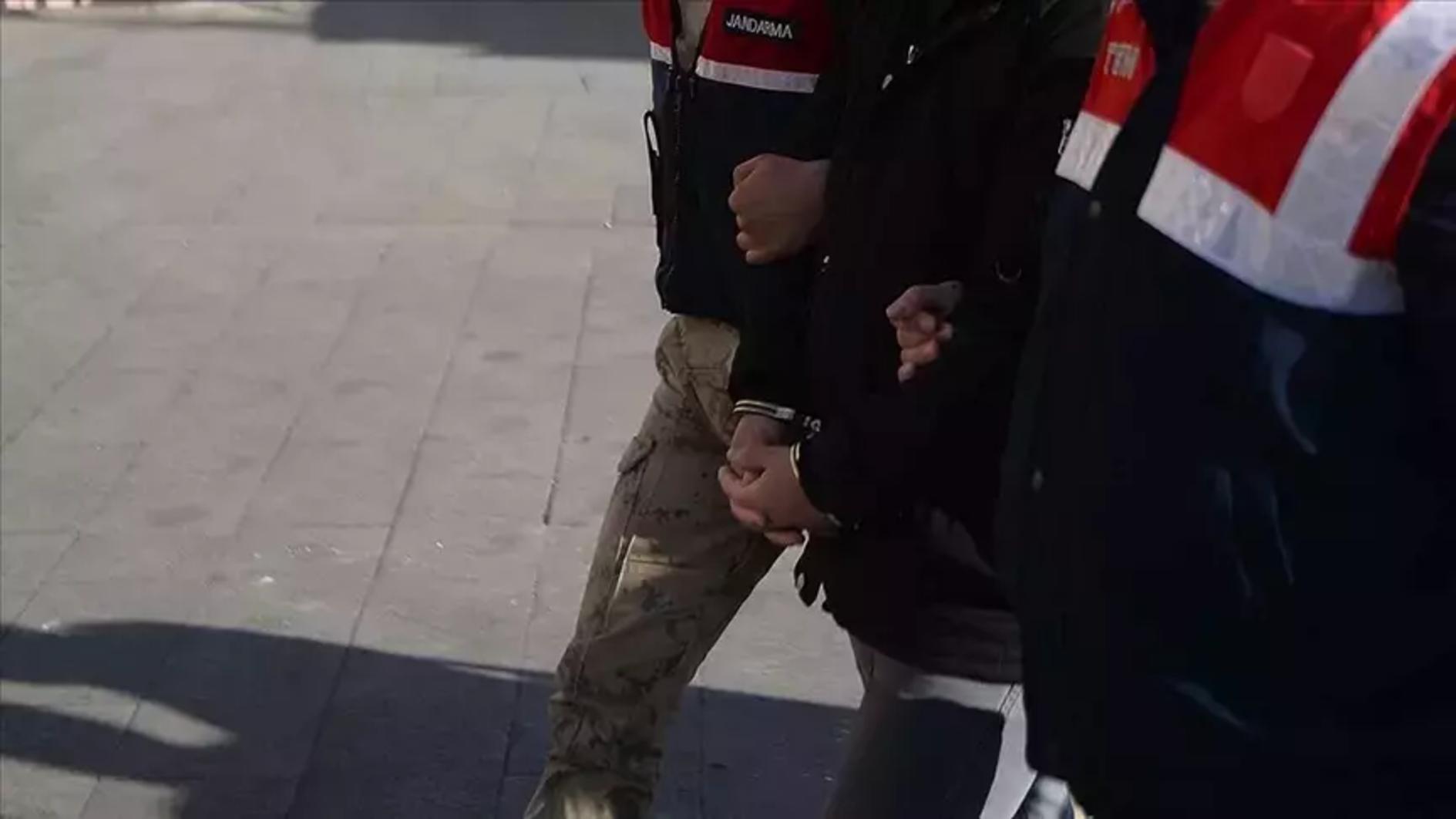Turkey at a historic tipping point
If you look at Turkey today, in the aftermath of the failed coup plot of July 15, you can see both negative and positive signs for the future.
On the negative side, there is an enraged nation, and state, against the enemy within. The putschists and their network, the Gülen community, is now the target of major wrath. This includes the arrest of more than 10,000 people and the firing of tens of thousands of public servants. Some aspects of this great purge are certainly excessive and worrying — such as the confiscation of the financial assets of suspected Gülenist prosecutors, or the arrests of journalist who merely wrote in Gülenist media. Some statements from officials, such as Economy Minister Nihat Zeybekçi’s vow that the putschists “will beg to be killed in their prison,” is outright scary. All in all, they are very clear grounds to worry about human rights violations in the months and years to come.
On the positive side, which seems to be missed by most Western observers, there are really bright spots. First of all, putting an end to this whole story of Gülenists infiltration of the state, which was underestimated by many people including myself, will be good for Turkish democracy. While the world’s attention has been only focused on President Recep Tayyip Erdoğan’s latter-day (and overt) authoritarianism, the Gülenists have been covertly responsible for many traumas, such as the imprisonment of secular journalists or Kurdish activists from 2007 to 2013. The coup attempt itself proved the scope of their threat, the elimination of which should be welcome.
Moreover, there are also signs of a rare national consensus between the government and the opposition. President Erdoğan and Prime Minister Binali Yıldırım have come together with the main opposition for the first time in years (I wish they came together with the pro-Kurdish Peoples’ Democratic Party too, an act which could even help restore the “peace process” with the Kurdish separatists). There is now a chance that a truly “New Turkey” can be built by broad national consensus, rather than a narrow Erdoğanist agenda.
I really can’t foresee how these dynamics will work in the period ahead us. Probably nobody can. Yet we can all work together to drag Turkey towards the brighter side, not the dark side.
There is a major problem at hand, though. The Western world, in other words the United States and European Union, are very unhelpful to Turkey as this critical junction. Why? Well, their reaction to the coup has been very feeble. Yes, statements came from Western capitals that they stand with Turkish democracy.
But no Western statesmen (with the exception of a U.K. minister) have visited Turkey for solidarity, no icon in Western capitals were lit with the colors of the Turkish flag, and almost no major Western newspaper gave wholehearted praise for the brave Turkish citizens who stopped putschist tanks at the expense of their lives.
For me, this Western feebleness comes from the fact that, first, they don’t “get it,” or understand the severity of the coup plot and its culprits. Secondly, they are so focused on Erdoğan’s authoritarianism or Islamism that they are unable see anything else. For most Turks, however, the simpler explanation lies in a Western conspiracy. And unless Western behavior changes significantly, this conspiratorial perception may take Turkey further away from the West, and the tipping point may prove to be a disastrous one.











